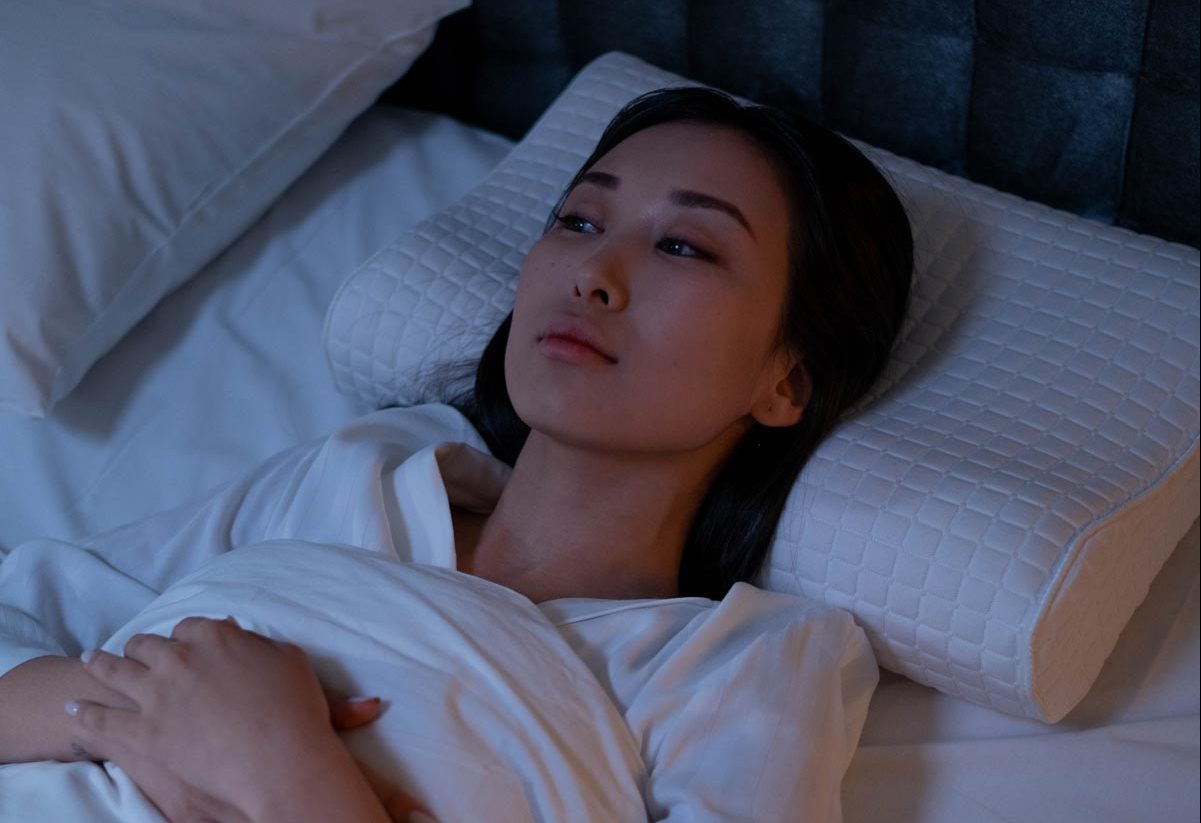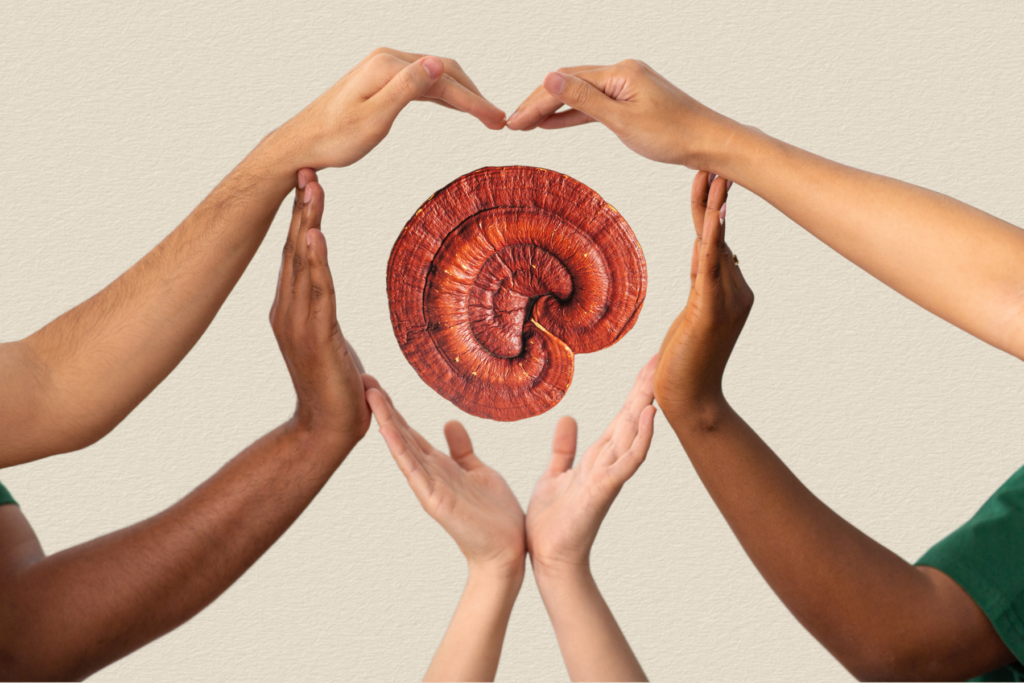It’s 2:37 am. I’m normally a good sleeper. Not tonight, though. It’s been one of those nights — that I’m certain we all have. Tonight, my mind Just. Won’t. Stop. Thinking. It’s 2:37 am, and my thoughts?
“Octopus. OCT-O-PUS. Octo-pus. That’s a weird word. Octopus. I wonder if animals know that they have names?”
Sleep. It’s something we all need, and something that many people have a difficult time achieving. Insomnia, characterized as dissatisfaction with sleep, difficulties initiating or maintaining sleep, along with substantial distress and impairments of daytime functioning, is not only unpleasant, it’s unhealthy.¹ Chronic and persistent insomnia has been associated with adverse health outcomes, such as reduced quality of life, and negative impacts on the cardiovascular, endocrine, immune, and nervous systems resulting in obesity, diabetes, hypertension, anxiety, depression, and excessive alcohol use, to name a few.²
If you suffer from insomnia, you’re not alone. Nighttime insomnia symptoms in persons aged 18 and older increased by 42% over the eight-year period 2007-2015.³ In reality, that means that almost one-quarter of Canadian adults are not sleeping well. Think about that: 25% of adults are dissatisfied with their sleep. That’s not good, so what can we do about it?
Sleep Hygiene
Quite simply, this talks about sleep habits, and a few simple tips can help.
- Keep a regular bedtime and waking schedule. Nowadays we have apps that can remind us when bedtime is approaching, and this can be very helpful if routine is something you struggle with.
- Avoid napping.
- If you find your mind racing, don’t stay awake in bed for more than a few minutes. Get up, maybe find a chair and sit quietly in the dark until your mind begins to quiet. Do NOT check Twitter, open a book, turn on the lights or TV. Just remain quietly in the dark. If you tend to constantly stare at the clock, then hide the clock.
- Avoid caffeine. Should be obvious, but it should be noted that the effects of caffeine can last several hours, so just don’t do it.
- Drugs (including some over-the-counter medications), cigarettes, and alcohol can all impair sleep.
- Bedrooms should be dark and comfortable.
- Exercise
Diet
Some foods may be beneficial for those who have difficulty with sleep. Fatty fish such as salmon, tuna, halibut, as well as chick peas, are high in vitamin B6, which can be helpful to increase the body’s production of melatonin, the sleep promoting hormone. As well, the Omega 3 fatty acids combined with the vitamin D in fatty fish can stimulate increased serotonin production, which is a sleep-promoting brain chemical. Potassium / magnesium -rich foods such as bananas and almonds are natural muscle-relaxants. Magnesium, may help reduce cortisol levels (the stress hormone that can interrupt sleep). Foods that are high in calcium like cruciferous vegetables such as kale, collard greens, broccoli, as well as yogurt may be beneficial, as lack of calcium has been shown to have a link to sleep difficulties. Finally, while getting somewhat of a “bad rap” these days, moderate amounts of carbohydrates – particularly whole grains – can actually help boost serotonin in the brain.
Mindfulness Practices and Acupuncture
In a study published in “JAMA Internal Medicine” a few years ago, 49 middle-aged and older adults who had difficulty sleeping were divided into two groups. Half completed a mindfulness and meditation training program, while the other half received education in proper sleep hygiene. At the end of the six-week study, the participants in the mindfulness group had less insomnia, fatigue, and depression than the participants in the sleep hygiene group.⁴
Acupuncture has also been shown to have positive effects for sleep difficulty. It is one of the most commonly-used methods of treating insomnia in China, and in a study of 46 randomized trials involving 3811 patients, acupuncture was shown to be effective in the treatment of insomnia.⁵
Japanese Red Reishi
The health benefits of this amazing fungi have been recognized by practitioners of traditional medicines of China, Japan, and other Asian countries for over 2000 years. Ganoderma lucidum (red reishi) polysaccharides exhibit a broad range of bioactivities, including anti-inflammatory (think arthritis), hypoglycemic (think diabetes), anti-ulcer, anti-tumour, and immunostimulation.vi Rich in triterpenes which are the compounds believed to result in lipid-lowering and antioxidant effects, this is what gives the herb its distinct bitter taste. In Chinese medicine, the bitter flavour is said to enter the heart, and thus can calm and relax the mind. An adaptogenic herb that helps combat the effects of stress, red reishi has been used for hundreds of years to treat anxiety, insomnia, weakened immune system and more, and modern studies indicate that certain cytokines in the herb may be responsible for its sleep-promoting effects.⁶
Sleep difficulties and insomnia affect a significant proportion of the Canadian population. In many cases, using an herb such as Japanese red reishi, in combination with healthy lifestyle choices outlined above, can mean the difference between a good night’s sleep and a sleepless night.





